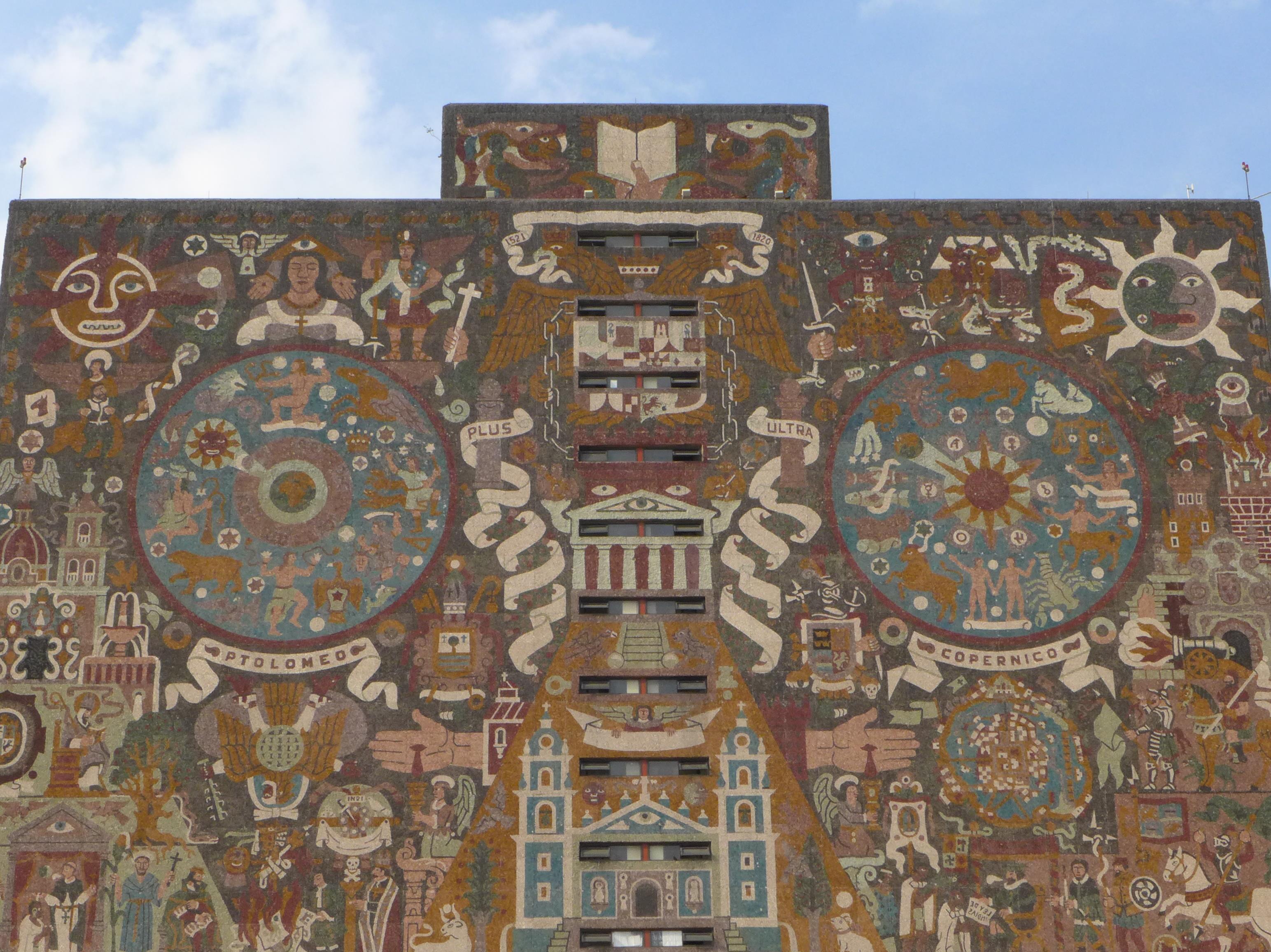I’m currently reading Not Just Beer And Bingo by Ruth Cherrington, a history of working men’s clubs in Britain. At the height of their success there were over 4000 of them. Here a few quick thoughts:
- While many clubs developed under the patronage of wealthy people, most of the people involved disliked meddling from their patrons. They mostly sought to become financially autonomous so they could write their own rules.
- Many clubs without patronage were very small when they started, some just renting a single room above a shop.
- While many of them started up with various social aims, including self-education and in the case of Labour clubs, political organising, over time most of them developed into entertainment clubs.
- In order to have financial autonomy even those which started as teetotal ended up selling beer. It was a communal environment than the pub so was not just a pub replacement.
- Did the economic need to sell beer end up driving the direction of the clubs? Or was it just that people mostly wanted entertainment that they controlled at the end of the day?
- The clubs that allowed families became places of collective childcare – they were a more controlled environment than the pub for this.
- The book mentions how local authorities used to give more space to working people to develop their own social infrastructure, then in the 60s and 70s moved over to more of a model of providing to consumers e.g. leisure centres. Cherrington suggests this may have something to do with the decline of clubs. This somewhat echoes the ideas of Colin Ward in his essay ‘The path not taken’ in which he claims the state crowded out autonomous organising.
